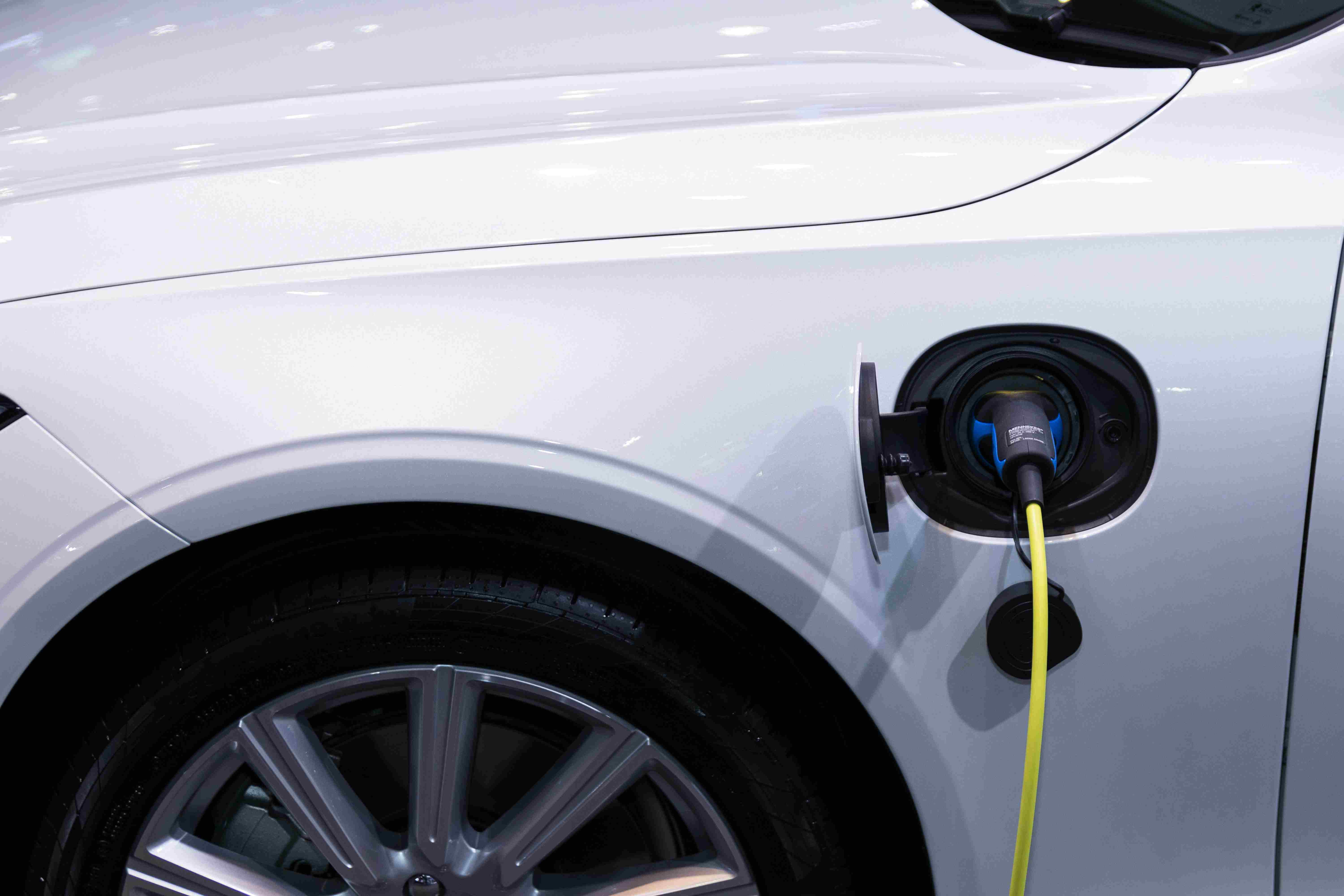The New Age of Electric Vehicles

Electric vehicles (EVs) are no longer just a futuristic concept; they are rapidly becoming a cornerstone of the modern automotive industry. This transformative shift is driven by advancements in technology, increasing environmental concerns, and changing consumer preferences.
Technological Advancements
One of the key factors propelling EVs into the mainstream is significant progress in battery technology. Lithium-ion batteries have become more efficient, affordable, and capable of providing longer ranges, alleviating one of the major concerns associated with electric mobility. Additionally, improvements in charging infrastructure, including faster charging stations and widespread availability, make owning an EV more convenient than ever before.
- Battery Efficiency: Enhanced energy density and reduced charging times.
- Charging Infrastructure: Expansion of fast-charging networks across urban and rural areas.
- Power Electronics: More reliable and efficient power management systems.
Environmental Impact
EVs offer a cleaner alternative to traditional internal combustion engine vehicles. By eliminating tailpipe emissions, electric cars contribute significantly to reducing air pollution and combating climate change. Moreover, when paired with renewable energy sources, EVs can operate with minimal environmental footprint.
- Zero Tailpipe Emissions: Reduces greenhouse gas emissions and air pollutants.
- Renewable Energy Integration: Potential for sustainable energy usage.
- Recycling Initiatives: Advances in battery recycling improve sustainability.
Consumer Adoption and Market Growth
The demand for electric vehicles is soaring as consumers become more environmentally conscious and governments implement stricter emission regulations. Incentives such as tax rebates, subsidies, and access to restricted areas are encouraging more people to make the switch to electric mobility.
- Government Policies: Supportive regulations and incentives boost EV adoption.
- Affordability: Decreasing costs of EVs make them accessible to a broader audience.
- Model Variety: A growing range of models caters to diverse consumer needs.
Challenges and Future Outlook
Despite the rapid progress, the EV industry faces several challenges. Range anxiety, high initial costs, and limited charging infrastructure in certain regions remain hurdles to widespread adoption. However, ongoing research and development are addressing these issues, paving the way for a more sustainable and efficient future.
- Range Anxiety: Continued improvements in battery technology and charging infrastructure.
- Cost Reduction: Economies of scale and technological advancements drive down prices.
- Infrastructure Expansion: Investment in charging networks ensures broader accessibility.
Conclusion
The new age of electric vehicles marks a pivotal moment in the automotive industry. With relentless innovation, increasing environmental awareness, and supportive policies, EVs are set to dominate the future of transportation. As technology continues to evolve and challenges are overcome, electric vehicles will play a crucial role in shaping a sustainable and efficient mobility landscape.
For more insights into the latest trends in the automotive industry, visit Torque Trend and stay updated with our comprehensive guides and expert reviews.
Frequently Asked Questions
What are the main benefits of electric vehicles?
Electric vehicles offer numerous benefits, including zero tailpipe emissions, lower operating costs, reduced dependence on fossil fuels, and a quieter, smoother driving experience.
How long does it take to charge an electric vehicle?
Charging times vary based on the battery capacity and the type of charger used. With fast chargers, you can achieve an 80% charge in approximately 30 minutes, while standard home chargers may take several hours.
Are electric vehicles more expensive than traditional cars?
While the initial purchase price of electric vehicles can be higher, lower operating and maintenance costs, along with government incentives, can make them more affordable in the long run.
How far can electric vehicles travel on a single charge?
The range of electric vehicles varies by model, with many modern EVs offering between 200 to 400 miles on a single charge, depending on driving conditions and battery capacity.
Explore More on Torque Trend
Torque Trend is your trusted source for expert automotive insights, industry news, and in-depth reviews. Stay tuned for more comprehensive guides on the latest vehicles shaping the future of driving.
